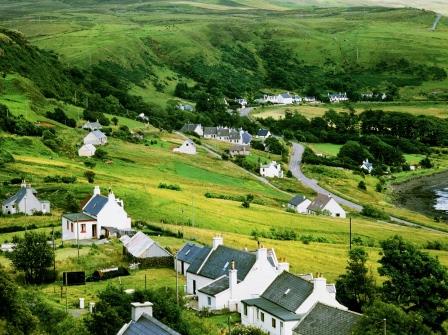Living and working as a social worker in a rural area

Your experience of living and working in a rural community may vary from other newly-qualified social workers (NQSWs) depending on your personal and professional circumstances. Different factors will influence how you adapt to your new role.
It’s important to understand the rural economy and the challenges of living in a remote or rural area, as well as to develop knowledge of the community in which you are working.
[video link coming soon]
NQSWs and other rural practitioners can be neighbours or members of the broader community and have a formal or statutory role. This requires the development of specific skills to manage relationships and boundaries. Below are some reflective questions to consider:
[links to documents or media files on their way]
Glass, J., Bynner, C. and Chapman, C. (2020). Glasgow: Children’s Neighbourhoods
Scotland
Colin Turbett. (2019). Glasgow: The Institute for Research and Innovation in Social Services (IRISS)
Gillian Ritch. (2018). Aberdeen: The Robert Gordon University
.
[links to other resources coming soon]